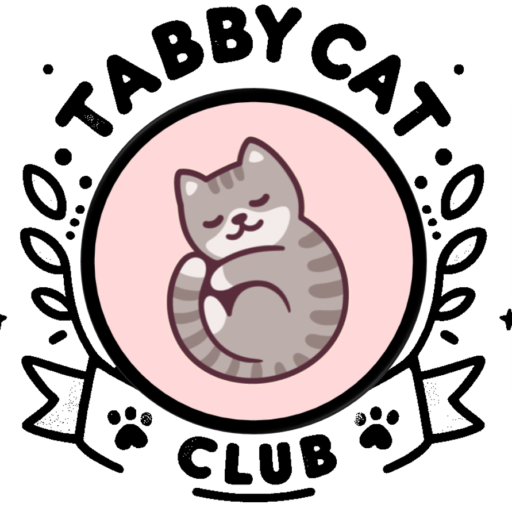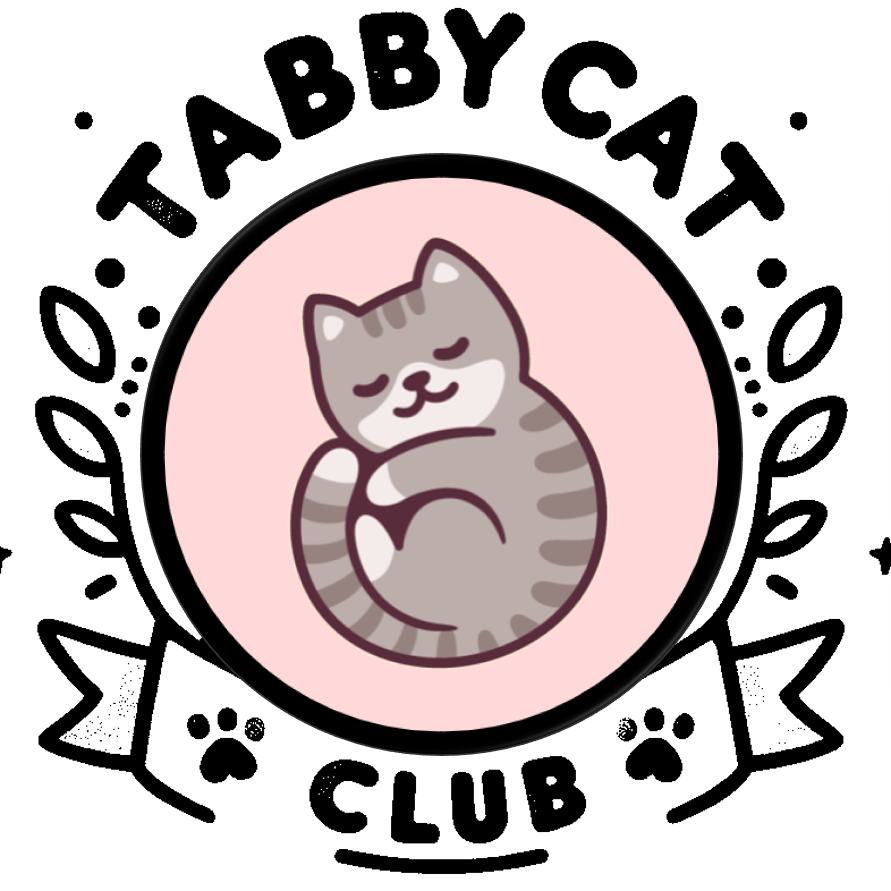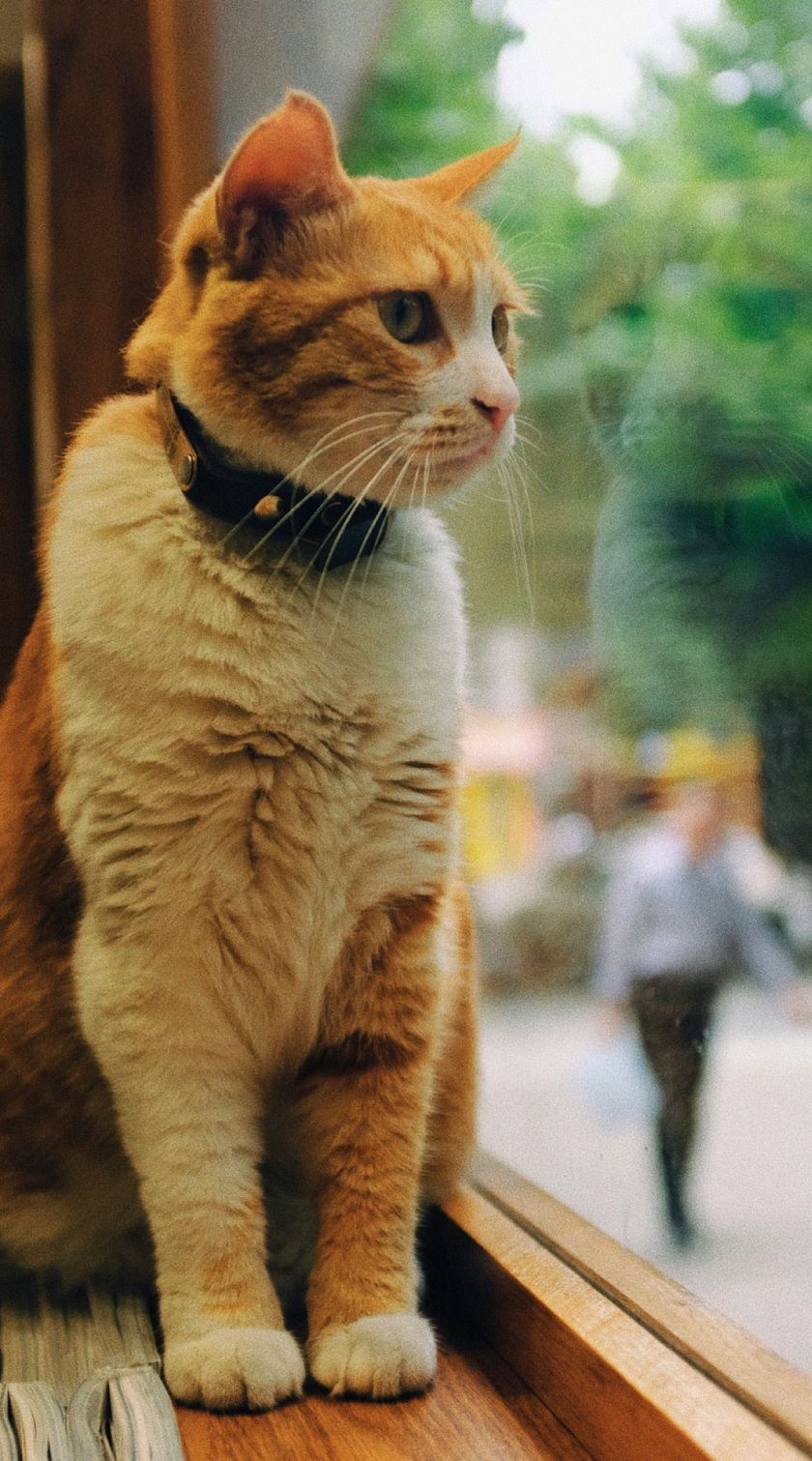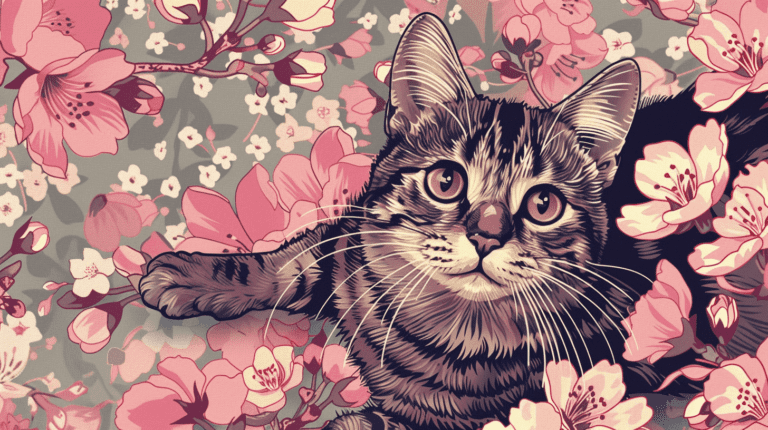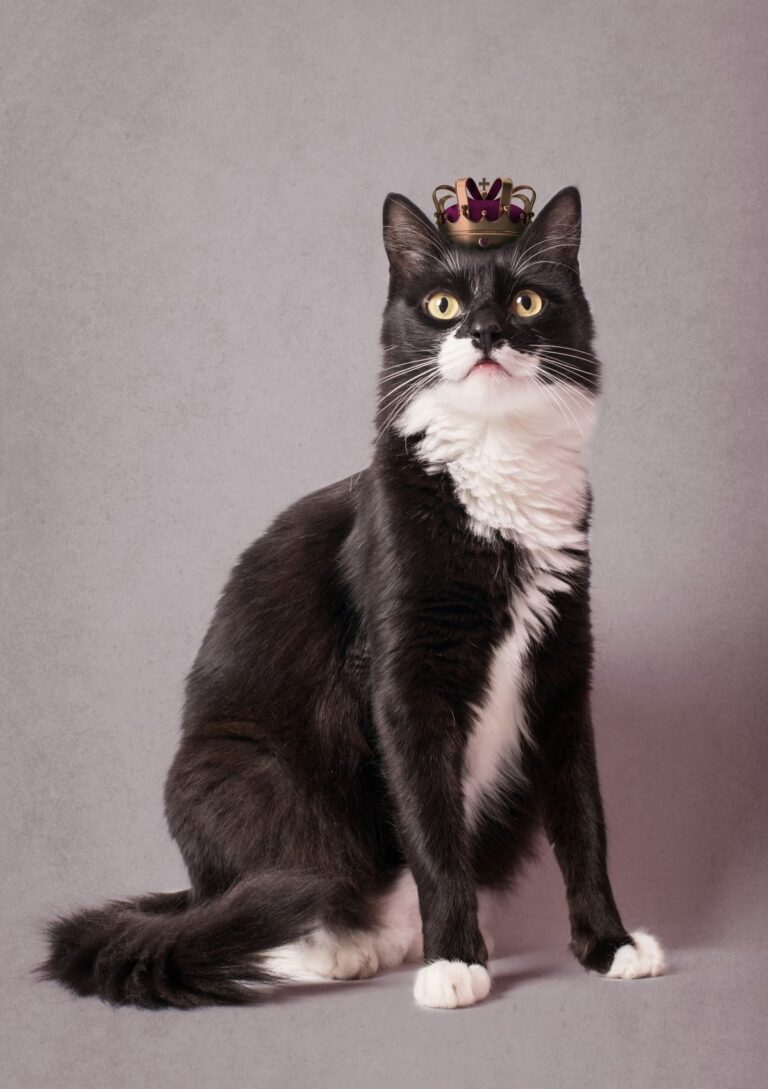Understanding Vocal Cues
Tabby cats, with their distinctive markings and captivating personalities, communicate in various ways, often leaving their owners puzzled. Understanding the intricacies of tabby cat behavior, whether you have a playful orange tabby, a serene classic tabby, or a spirited mackerel tabby, is crucial for a harmonious living situation. This guide will help you interpret the subtle and not-so-subtle behaviors of your tabby, including insights into male and female tabby cat behavior, and what might be behind certain tabby cat behavior problems.
Deciphering the Diverse Sounds of Tabbies
The vocalizations of your tabby cat can range from soft purrs to insistent meows. Male tabby cat behavior might include more territorial vocalizations, especially if not neutered, whereas female tabby cats may vocalize more when in heat. An orange tabby cat’s personality might shine through in more frequent and demanding meows, especially around meal times, reflecting their often outgoing nature.
Body Language and Physical Expressions
Tail Movements and Eye Signals
A tabby’s tail is a strong indicator of their mood. A mackerel tabby cat’s personality, for instance, might be more pronounced in their playful tail chasing or the excited flicking when engaged in hunting-like play. Eye contact, particularly slow blinking, is a universal sign of trust among tabbies, conveying their affection and comfort with you.
Recognizing and Addressing Tabby Cat Behavior Problems
Behavioral issues can arise in any cat, including tabbies. Understanding the specific traits of, for example, the brown tabby cat personality, can help tailor your approach to training and correction. Male and female tabby cats may exhibit different behavior problems, with males potentially showing more aggression and females more likely to spray if not spayed.
Play, Exercise, and Enrichment
Meeting the Needs of Your Energetic Tabby
The mackerel tabby cat personality is known for its high energy and playfulness. Engaging in regular, interactive play sessions can help mitigate potential tabby cat behavior problems by providing an outlet for their energy and satisfying their hunting instincts.
The Importance of Routine in Your Tabby’s Life
Consistency is key to a happy and well-adjusted tabby cat. This is especially true for the classic tabby cat, which might prefer a more predictable and calm environment, reflecting their more laid-back personality. A stable routine helps minimize stress and anxiety, contributing to a better-behaved and happier cat.
Male and Female Tabby Behavior Differences
Navigating the Nuanced Personalities of Tabbies
The orange tabby cat personality often manifests as affable and attention-seeking, traits that can be present in both male and female tabbies but may be more pronounced in males. Understanding these gender-based nuances can aid in providing the right care and interaction to meet each cat’s needs.
Lifespan and Health Considerations
A tabby cat’s lifespan can vary, with most living into their teens with proper care. Recognizing the early signs of discomfort or illness through behavior changes is crucial. Sudden aggression or withdrawal could indicate pain or discomfort in your tabby, necessitating a visit to the vet.
Conclusion
From the energetic antics of a mackerel tabby to the serene presence of a classic tabby, understanding the behavior of your tabby cat enriches your life together. By paying attention to the nuances of male and female tabby cat behavior, and addressing any tabby cat behavior problems with empathy and patience, you’ll foster a deep and rewarding bond with your feline friend.
Frequently Asked Questions
Do tabby cats like to be held?
Tabby cats’ preferences for being held vary individually. Some enjoy cuddles and will actively seek out laps, while others may prefer only occasional holding.
What kind of personality do tabby cats have?
Tabby cats are known for their outgoing and affectionate personalities. They tend to be playful, social, and enjoy interacting with their human families.
What are tabby cats prone to?
Tabby cats, like all cats, can be prone to certain health issues such as obesity, dental problems, and common feline diseases. Regular veterinary care is essential for prevention and early detection.
What is the reputation of a tabby cat?
Tabby cats have a reputation for being friendly, adaptable, and intelligent companions. Their distinctive coat patterns and charming behaviors endear them to many.
How do tabby cats behave?
Tabby cats exhibit a range of behaviors from playful and active to more laid-back and affectionate. Their behavior can depend on their environment, upbringing, and individual personality.
Do tabby cats get jealous?
Tabby cats can experience jealousy, especially if there are significant changes in attention or routine. Providing equal affection and interaction can help mitigate jealousy.
What personality do tabby cats have?
Tabby cats generally have a warm and engaging personality. They are curious, enjoy playtime, and often form strong bonds with their owners.
Do tabby cats have a good personality?
Yes, tabby cats are often praised for their good personalities. They tend to be sociable, friendly, and make excellent companions.
Do tabby cats like to be held?
This question repeats the first, emphasizing that while many tabby cats enjoy being held and cuddled, individual preferences can vary widely among them.
Is a tabby cat friendly?
Tabby cats are typically friendly and enjoy human companionship. Their sociable nature makes them popular pets for families and individuals alike.
